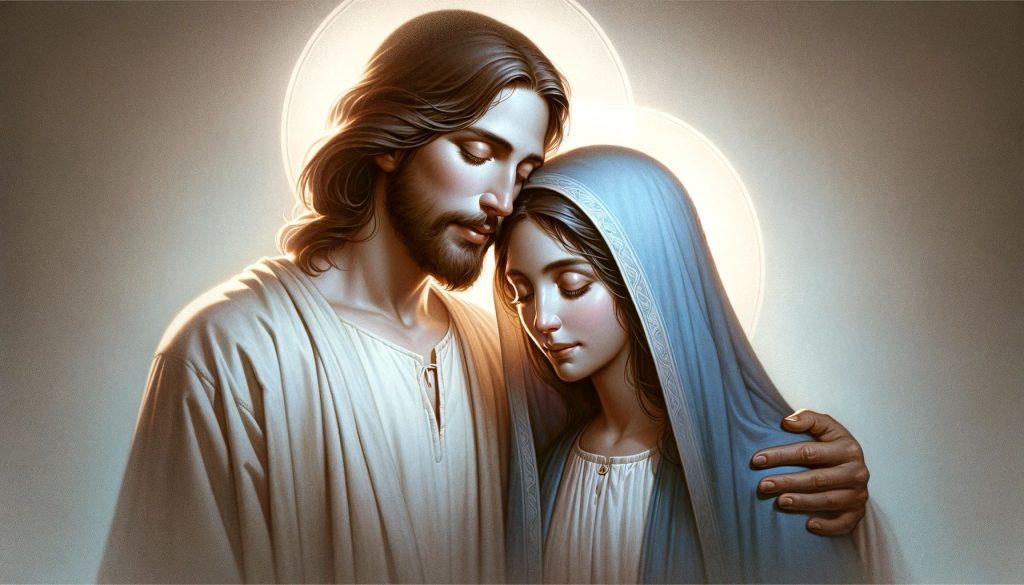Who is a Christian?
To grasp the essence of Christianity, we must first understand who Christ is. Jesus of Nazareth, recognized in the Gospels and other Biblical texts as the Christ, meaning “The Anointed One” in Greek, is central to this identity. Simon Peter’s declaration in Matthew 16:15-16, “You are the Christ, the Son of the living God,” underscores this.
The term “Christian,” derived from the Greek “Χριστιανός” (Christianos), signifies “a follower of Christ.” This is clearly illustrated in Acts 11:26, where St. Luke notes, “…and in Antioch the disciples were for the first time called Christians.” The first Christians included the Apostles, Mary, the Mother of Jesus, and numerous unnamed disciples mentioned in the New Testament.
Christianity is often perceived as mere belief in Christ. However, St. Paul, in Romans 10:9, emphasizes confession and belief in resurrection as the path to salvation, while John 3:16 highlights belief in Christ for eternal life. Yet, Jesus Himself, as recorded in Matthew 7:21 and Mark 16:16, stresses not just faith but also action and baptism. James further supports this in James 2:17 and 2:24, where faith without works is deemed dead, and love is extolled as paramount in 1 Corinthians 13:2 and 13:13.
Who is a Catholic?
The term “Catholic” stems from the Greek “καθολικός” (katholikos), meaning “universal.” It was first used by Ignatius of Antioch in A.D. 110, as he wrote in his Letter to the Smyrneans 8:2, “Wherever Jesus Christ is, there is the Catholic Church.” This usage is further supported by historical figures like St. Irenaeus, Tertullian, and St. Cyril of Jerusalem, who emphasized the universality and apostolic nature of the Catholic Church.
A Catholic, therefore, is a member of the Church tracing its origins to Christ and His Apostles.
Are Catholics Christians?
Addressing the titular question, we find clarity in the words of St. Pacian, who in his Epistle to Sympronian 7, stated, “Christian is my name, but Catholic my surname.” This encapsulates the idea that Catholics are indeed Christians.
The Catholic Church’s role in preserving Christian doctrine and its continuity from the Apostolic age is undeniable. It withstood various heresies, like Arianism and Pelagianism, and played a crucial role in defining key Christian doctrines like the Trinity.
The Catholic Church’s authority in compiling the Bible is acknowledged even by Protestant founder Martin Luther, who admitted the Church’s role in preserving God’s Word.
Conclusion
While individual beliefs may vary, a critical look at history reveals that Catholics are indeed the original Christians, as their faith and practices date back to the time of Christ and the Apostles. The Catholic Church has not only nurtured but also protected the Christian faith through centuries of challenges and changes.
🙏 PayPal Donation Appreciated
The Case for Catholicism - Answers to Classic and Contemporary Protestant Objections
Disclaimer: As an Amazon Associate, I earn from qualifying purchases. Thank you.
